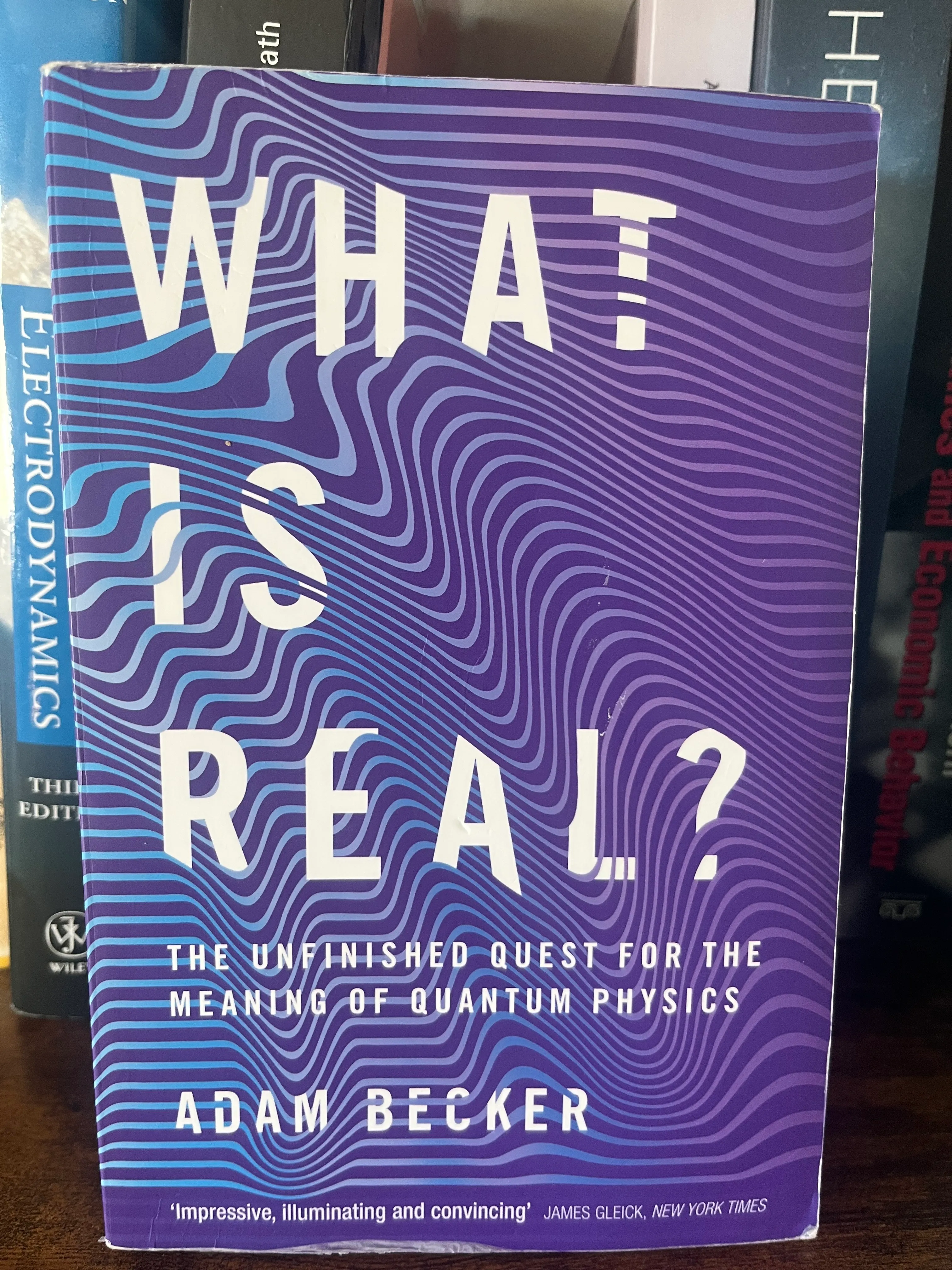What is it that sparks and guides the most important questions and the search for truth in the history of knowledge and science?
I have often lamented the fact that I did not take a single course in philosophy when I was a student, because you inevitably get to a point where the foundations are missing and instead of turtles upon turtles there is … well, nothing.
One of the most important philosophical discussions of the 20th century was the one about the interpretation of quantum mechanics, a never-ending dispute with heavyweights on both sides, figures like Einstein and Schrödinger on one side and Bohr, Pauli and even von Neumann on the other. This is a dramatic story of which generations of physicists have learned either an incomplete, simplified, or outright false version. It is also a subject about which many physicists declare themselves blissfully ignorant or above it. It is a story that highlights the biases, prejudices, and dogmatism that the scientific community can be guilty of, as well as the fallacies of the great minds and the integrity, perseverance, and tenacity of a few individuals.
This kind of philosophical discussion seems to be a relic of the past. According to Adam Becker, author of What is Real? (John Murray Publishers, 2018), this gradual separation between physics and philosophy became more acute with the massification of physics. There are many ways to read this book, but my own interpretation emphasizes the importance of philosophy in science. For me, this fascinating drama is also the story of unsung heroes: Bohm, Bell, Clauser, and others. I first read this book around 2020, and in a way it felt like a prelude to the Nobel Prize for Aspect, Clauser and Zeilinger in 2022.
PS: A few years ago, a good friend of mine, who heard my complaints, recommended the podcast History of Philosophy without Gaps, which I can recommend together with the accompanying books.
